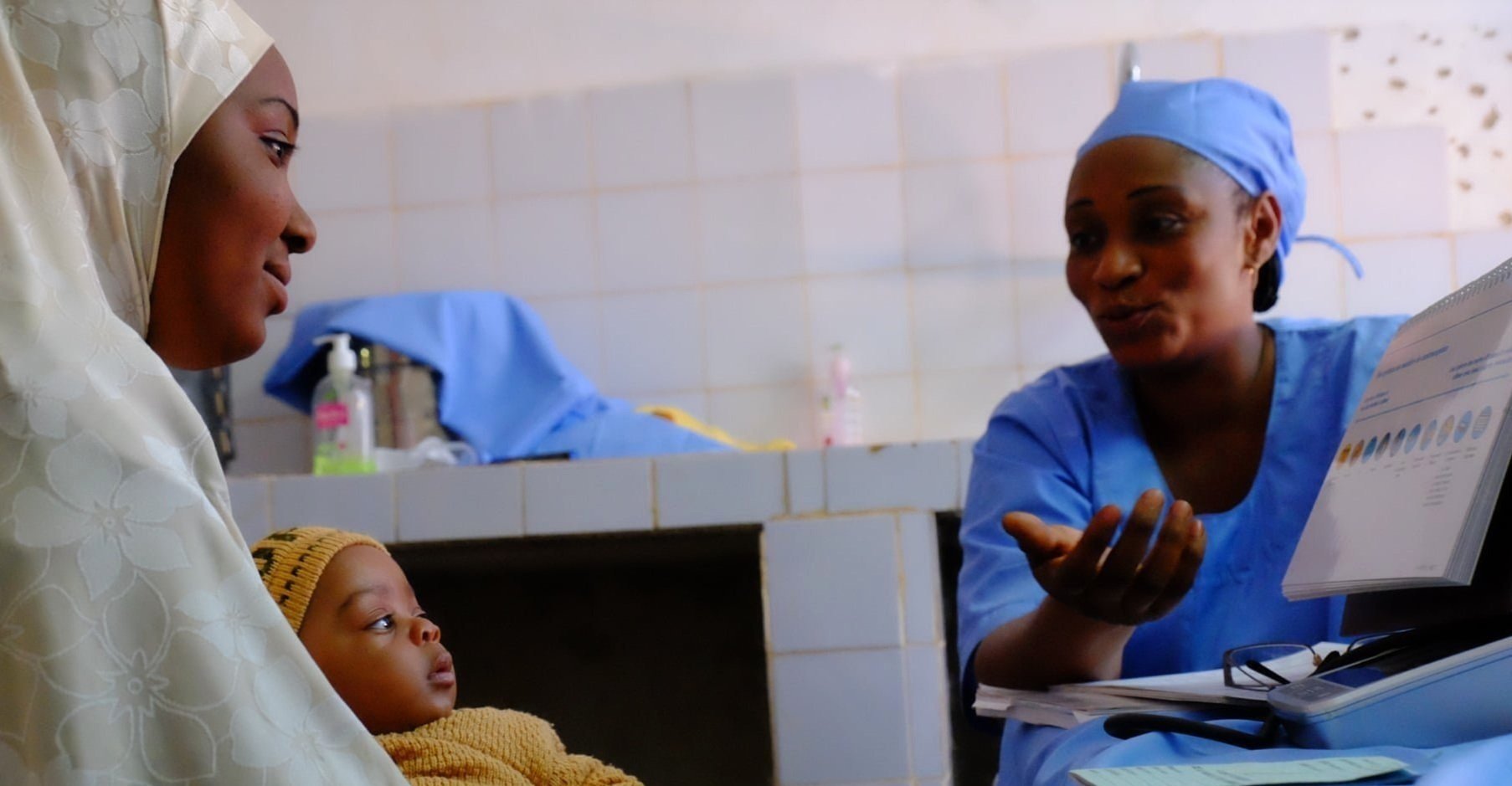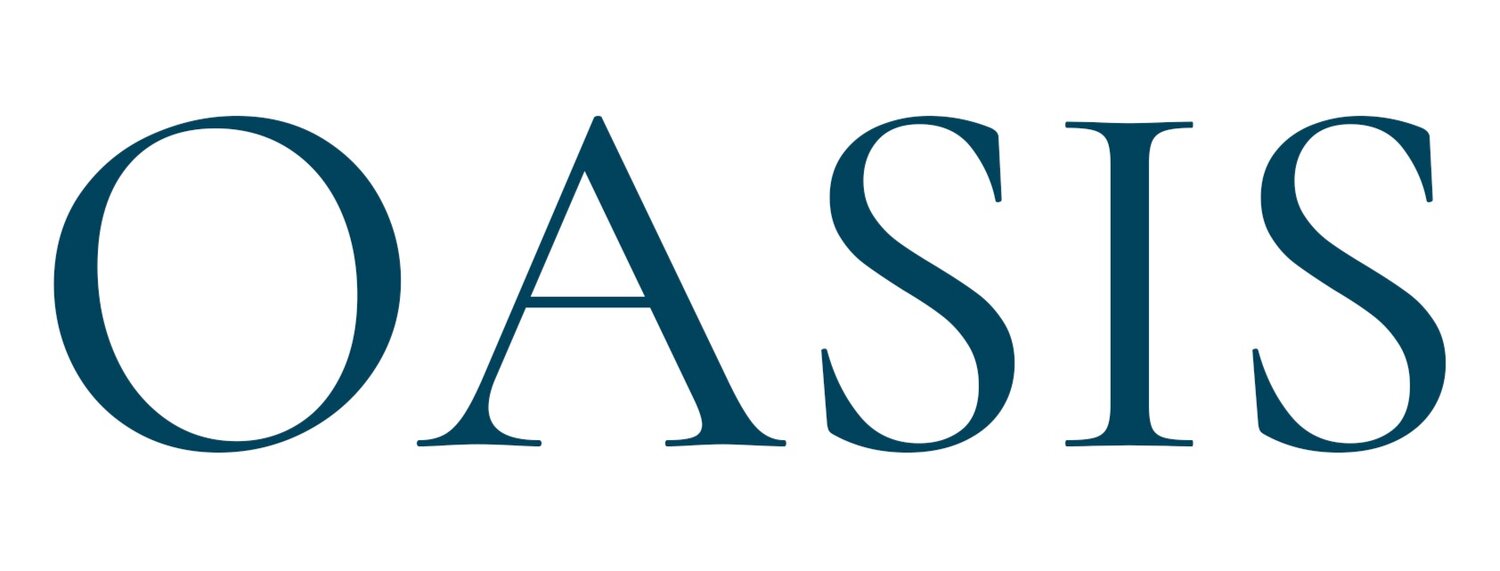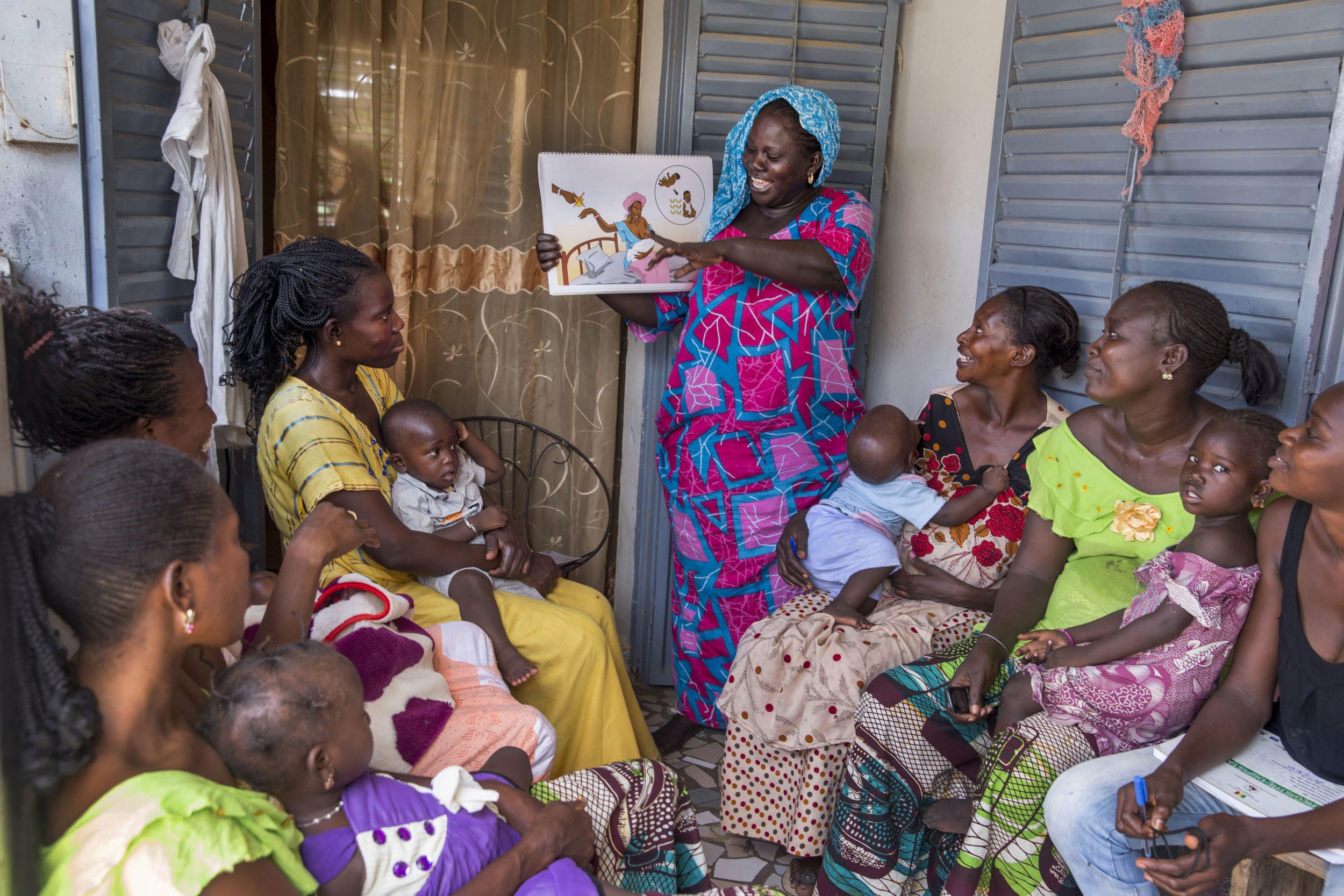
Reproductive Health Access
Improving availability of essential medicines for reproductive health, including family planning methods, especially among under-served populations.
Saving Women’s Lives
The Sahel suffers from the highest maternal mortality rates globally–the leading cause of which is hemorrhage after childbirth. In Chad, the maternal mortality ratio is a staggering 860 maternal deaths per 100,000 live births. Most women deliver at home, without the benefit of a skilled birth attendant. OASIS focuses on high-impact, scalable solutions, like the integration of the WHO essential medicine, misoprostol, to prevent and treat hemorrhage after childbirth, alongside important maternal health goals, such as increased use of prenatal care, facility births, postpartum family planning, and access to life-saving post-abortion care. OASIS is working with the Ministry of Health in Chad to improve access to misoprostol for maternal health.
Reproductive Health Medicines Availability
OASIS, in partnership with the UNDP/UNFPA/UNICEF/WHO/World Bank Special Programme of Research, Development and Research Training in Human Reproduction (HRP) conducted assessments in 21 lower- and middle-income countries on the availability of medical abortion (MA) medicines, including Burkina Faso, Nigeria, and Sierra Leone in the Sahel. The assessments utilized OASIS's Availability Framework, focusing on five pillars: registration and quality assurance, policy and finance, procurement and distribution, provider knowledge and behavior, and end-user knowledge and behavior. READ MORE…
Group Prenatal Care
With our longtime Nigerien partner, GRADE Africa, OASIS is working to reduce maternal mortality and increase uptake of postpartum family planning across the Sahel by evaluating an innovative group pre- and post-natal care approach implemented by GRADE with the Midwives Association of Niger (Association des Sages-Femmes du Niger) in government health centers in Maradi region.
OTC Pill Project
The OTC pill project supports the #liberatethepill movement to remove the prescription requirement for dispensing combined hormonal birth control pills, making them more accessible to all who use them.
The availability of OTC oral contraception will give millions of women convenient access to contraception without the hassles of health insurance, prescriptions or a doctor’s visit.
In 2012 the first emergency contraceptive (EC), called Plan B, was approved for OTC sale in the USA. In a landmark 2023 decision the US-FDA approved OTC sale of a progesterone only pill (the Opill*).




